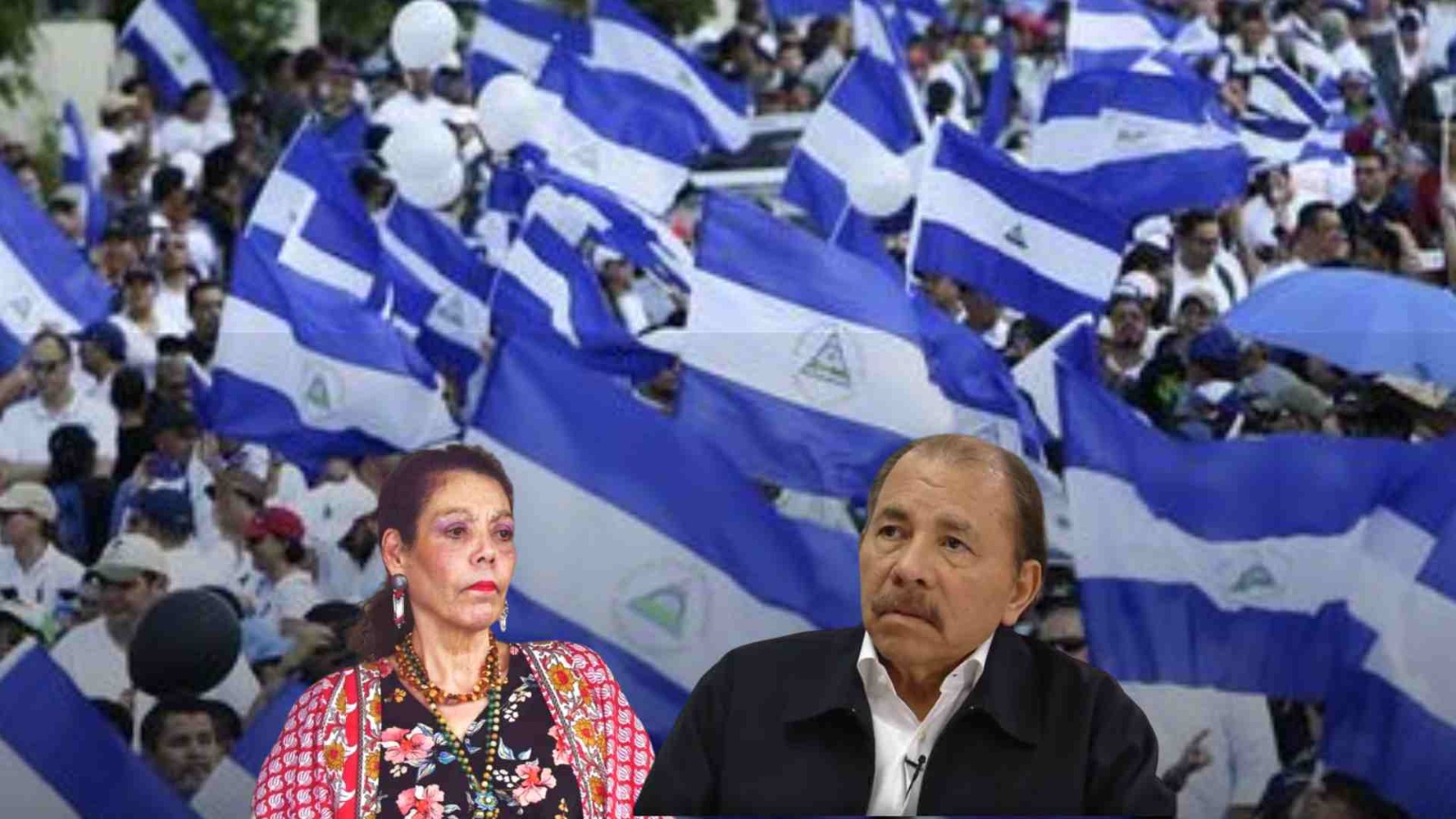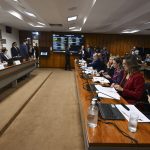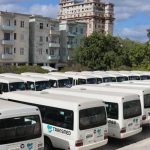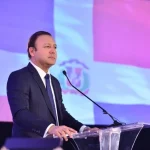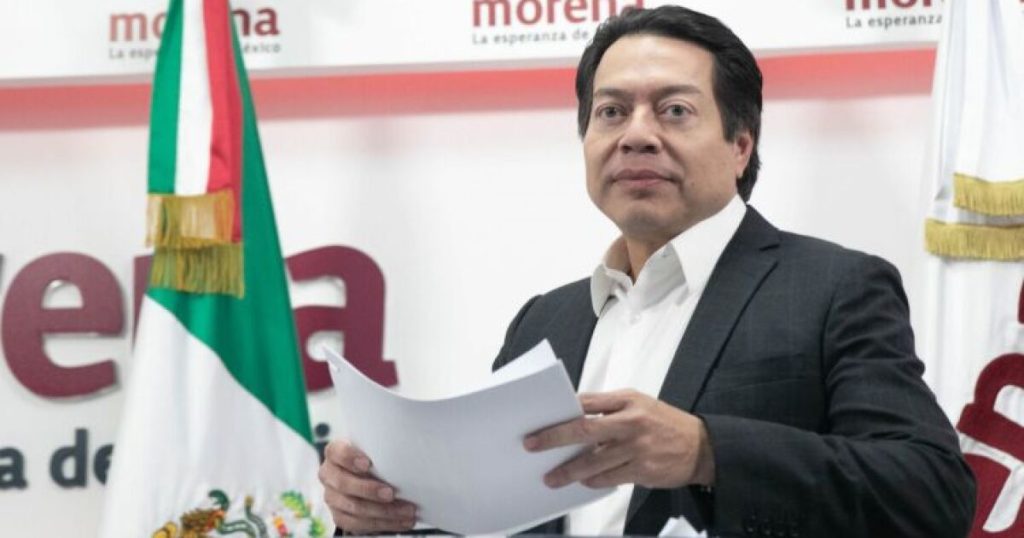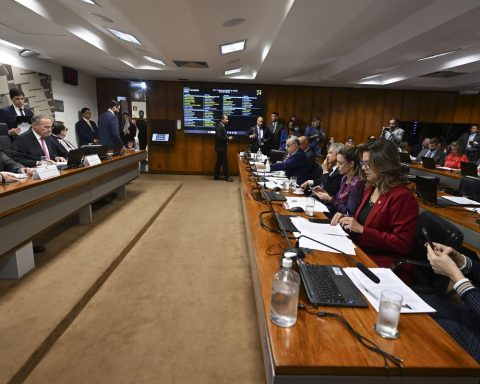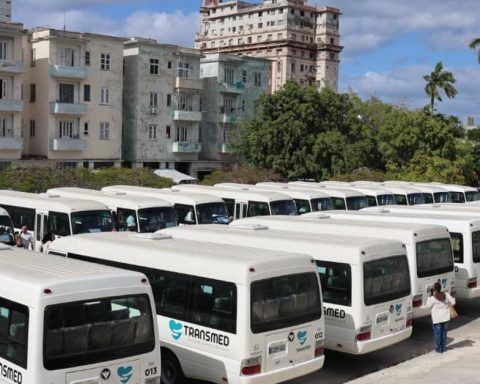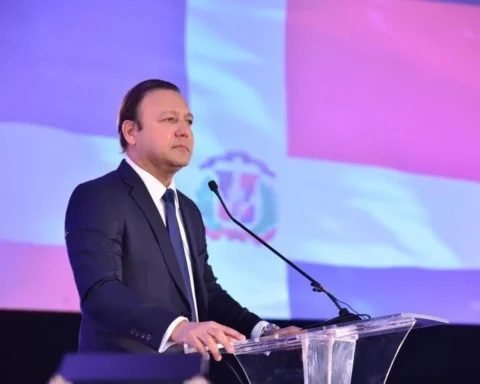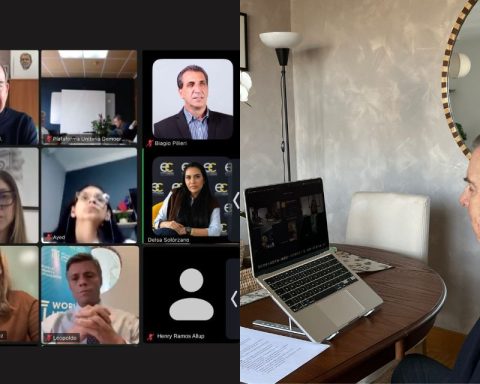Nicaraguan journalist Fabiola Tercero is missing. She joins a long list of victims of human rights violations by the dictatorship of Daniel Ortega and Rosario Murillo.
While the report on systematic human rights violations in Nicaragua was being presented, within the framework of the presentation of the United Nations Universal Periodic Review, the complaint of the disappearance of the communicator Tercero, creator of the literary space “El Rincón de Fabi”, also came to light.
The Office of the Special Rapporteur for Freedom of Expression of the Inter-American Commission on Human Rights (IACHR) expressed concern on Saturday, July 20, over reports of Tercero’s disappearance.
Third, she is a feminist journalist who has not been seen since July 12, after a raid by the Sandinista police at her home. Independent journalists from Nicaragua from different countries are demanding that the dictatorship report the whereabouts of the young woman who graduated from the Philology and Communication program at UNAN-Managua.
Related news: Shooting in Estelí: Implosion of the dictatorship or social discontent in Nicaragua?
In the days leading up to July 19, police and paramilitaries raided several journalists’ homes in different departments and some journalists such as Nohelia Gonzales, who was editor of the newspaper La Prensa, are also missing. Later, her brother was kidnapped from his home in Estelí.
Prodepaz: days of terror
In its report presented on Saturday, July 20, within the framework of the Universal Periodic Review (UPR), the Prodepaz network highlights the serious violations against human rights in Nicaragua between 2019 and 2024.
It highlights cases of violations of the right to education, academic freedom, forced disappearances, torture, political persecution as well as violations of the human rights of indigenous peoples, persecution against the Church, and the disappearance and kidnapping of women opponents.
Among these women are university students Adela Espinoza Tercero, Gabriela Morales and Joseling Mayela Campos, who were arrested by the Sandinista police and illegally convicted on drug trafficking charges after criticizing the closure of the UCA and promoting feminism. Meanwhile, Professor Freddy Quezada, former professor at UNAN-Managua, was also arrested and convicted of inciting hatred,” the report highlights.

Since 2021, at least 27 universities have been arbitrarily closed, according to the report, which adds that the Central American University (UCA) was one of the higher education institutions targeted by systematic attacks that culminated in its closure, the confiscation of its assets and the cessation of its academic activities, affecting more than 5,000 students and 546 teachers. The State has created new universities in the confiscated facilities, but they have become centers of indoctrination and propaganda.
More rape records
A lawyer in Nicaragua who preferred to remain anonymous for fear of reprisals lamented that this country has become a huge prison where no one has rights. The only ones who are imperiously demonstrating without obeying the law are the members of the Ortega Murillo family.
The lawyer gave an example of what has been happening in some departments, where the Sandinista police are beating, kicking and hitting motorcyclists and other citizens who have been left with scars due to police brutality.
Related news: Nicaragua’s implosion of dictatorship may be coming to an end, says political analyst
In this regard, the civil society organizations that worked on the UPR report state that among the rights violated by the dictatorship are the right to association and freedom of movement.
The Blue and White Monitoring Service has recorded 521 victims of immigration repression, including banishments, detentions, and harassment. Freedom of peaceful assembly has been restricted, with police preventing marches and demonstrations. The approval of the Cybercrime Law in 2020 has criminalized the dissemination of information deemed by the regime to be “false,” further limiting freedom of expression online and the ability to organize digital protests, violating the rights of indigenous and Afro-descendant peoples in Nicaragua.
In addition, the report said the revived Ministry of the Interior has hampered the operation of civil organizations by denying registrations and creating burdensome requirements, resulting in the arbitrary cancellation of the legal status of 3,532 organizations, including political parties, universities, media outlets, and religious organizations.


This repression has extended to the Catholic Church, with 667 attacks documented, including property confiscations, banishment of priests, and the banning of religious activities. The passage of Law 1115 in 2022 has legalized the confiscation of assets of dissolved organizations, further consolidating state repression. Religious freedom has also been targeted, with the Catholic Church bearing the brunt of the 737 attacks recorded against religious institutions between 2018 and 2023.
These attacks have included desecration, theft, death threats and forced exile of religious leaders.
Radio Maria closes
The most recent high-profile case was the closure and confiscation of assets of Radio Maria, a Catholic radio station that broadcast masses, prayers and Christian music.
But state repression has also extended to the migration sphere, with the approval of Law 1145 in 2023, which has allowed the arbitrary deprivation of nationality of 222 exiled political prisoners. This law has also facilitated the confiscation of the property of those affected, according to part of the report.
Related news: President of Radio María contradicts Ortega: “We presented documentation and complied with the government’s requests”
The UPR is a United Nations mechanism to evaluate, every 5 years, the fulfillment of human rights obligations by States.
The organisations that have submitted their reports for the UPR are RedProdepaz Nicaragua, the Foundation for Freedom, the Intercultural Association for Human Rights (ASIDEHU), Aula Abierta, the National Association for the Defence of the Rights of Immigrants and Refugees in Costa Rica, Citizen Activism in Resistance, the International Network for Human Rights in Europe (RIDHE), the Foundation for Development and Social Innovation, the University Coordinator for Democracy and Justice (CUDJ) and the Union of Nicaraguan Political Prisoners.
